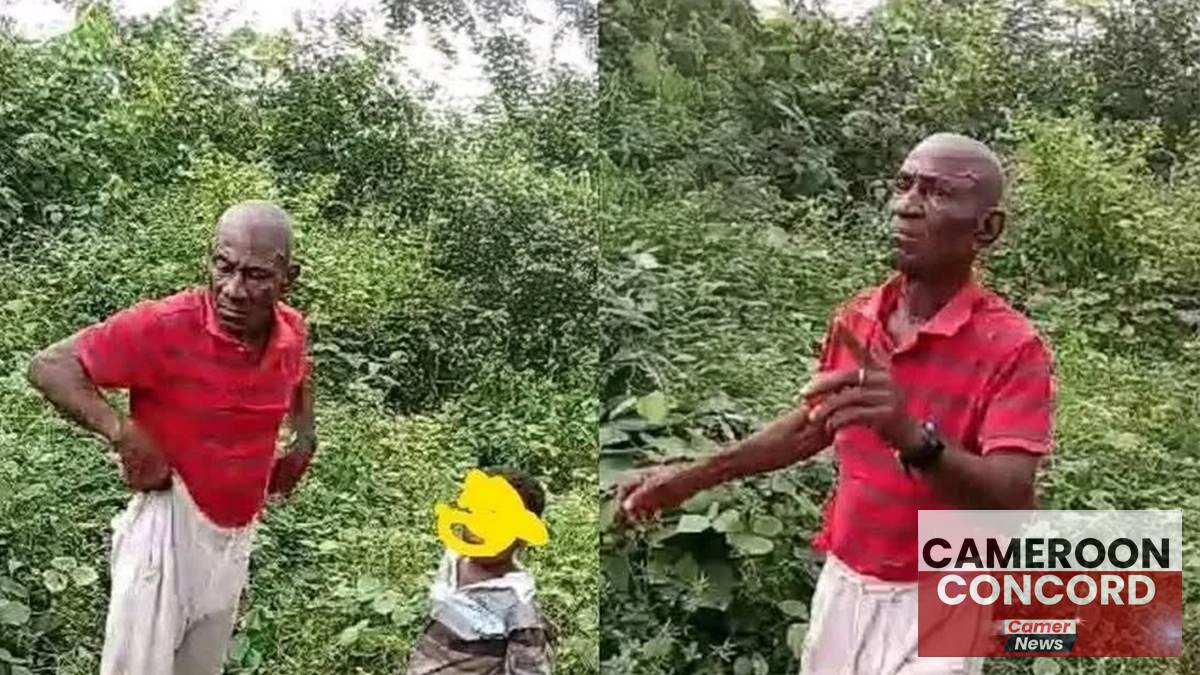- Details
- Headlines
Cameroon Braces for Turmoil: Ambazonia Fires Back, U.S. Targets Diaspora, and Political Tensions Rock the Nation
The political climate continued to heat up ahead of the October presidential election; security operations against Anglophone separatists in the Bakassi Peninsula fuelled tensions with neighbouring Nigeria.

President Biya continued election manoeuvres as opposition tried to unite. On April 8, Biya appointed ruling party Central Committee member Monique Ndongo to the Constitutional Council, which is in charge of announcing official election results and resolving election disputes. Opposition parties and civil society leaders denounced Ndongo’s appointment as a definitive undermining of the body’s independence just months ahead of the presidential election set for October. Meanwhile, calls for a unified opposition gained momentum. Notably, runner-up in the 2018 presidential election, Cabral Libii, on April 14 urged opposition leaders to rally behind a common program and single candidate to challenge Biya’s longstanding rule.
Meanwhile, the U.S. on April 7 decided to revoke Temporary Protected Status (TPS) for Cameroonian nationals, putting some 8,000 individuals at risk of deportation. The decision sparked concern among diaspora groups, particularly Ambazonian activists, some of whom may face persecution if returned. President Biya has reportedly signaled reluctance to cooperate in receiving deportation flights, fearing an influx of politically active returnees.
Separatist Activity Escalates in Bui and Jakiri; U.S.-Based Activist Indicted
On May 4, Ambazonia separatist fighters launched a major assault on a Cameroonian military outpost in Jakiri, Bui County. According to separatist sources, the attack resulted in the destruction of key infrastructure and heavy casualties among government forces. While the Cameroonian military has yet to release an official statement, residents reported sustained gunfire and explosions late into the night. Independent verification is pending, but early reports suggest the attack dealt a significant blow to government operations in the region.
The attack underscores the continuing potency of separatist forces, despite government assertions that the conflict in the Anglophone regions is winding down. Social media channels affiliated with the separatist movement praised the operation and called for renewed fundraising to support their campaign.
In a related development, prominent Ambazonian activist and media figure Eric Tataw was indicted by a U.S. federal grand jury in Maryland in late April. The indictment alleges that Tataw conspired to provide material support to terrorism by financing and coordinating operations of separatist militias in Cameroon. The case marks one of the most significant legal actions taken against a diaspora-based Anglophone activist and is being closely watched by both Cameroonian and international observers.
Rising Tensions in Bakassi and Humanitarian Concerns in Far North
Clashes between government forces and pro-Ambazonia separatists continued in North West and South West regions. On April 6, separatist fighters reportedly killed two government soldiers in Bamenda and another in an ambush at a checkpoint in Big Ngwandi village, Meme division. Meanwhile, the military tribunal on April 16 sentenced outspoken Anglophone activist Abdulkarim Ali to life imprisonment for allegedly supporting secession.
In the Bakassi Peninsula, Cameroon’s increased military presence has drawn the attention of the Nigerian Senate, which began an investigation in April into the alleged annexation of Nigerian mangrove islands in Akwa Ibom state. Analysts say the move may be linked to growing cooperation between Ambazonian separatists and Nigerian Biafra factions.
Islamist Insurgency Continues to Cause Havoc in Far North
In the Far North region, Boko Haram insurgents remained active. On April 3, Cameroonian soldiers ambushed fighters from the Jama’atu Ahlis Sunna Lidda’awati wal-Jihad (JAS) faction of Boko Haram between Mozogo and Moskota, killing five. State media on April 15 highlighted a worsening humanitarian crisis in the region, citing overcrowding at the Minawao refugee camp and a shortage of aid amid new arrivals fleeing attacks in Nigeria’s Borno State.
Outlook
With the October election approaching and violence continuing across multiple fronts, Cameroon faces a volatile political and security landscape. The fallout from U.S. policy decisions, judicial actions against separatists, and cross-border tensions with Nigeria may further complicate efforts toward national stability and dialogue.
- Details
- News Team
- Hits: 5315
Local News
- Details
- Society

Kribi II: Man Caught Allegedly Abusing Child
- News Team
- 14.Sep.2025
- Details
- Society

Back to School 2025/2026 – Spotlight on Bamenda & Nkambe
- News Team
- 08.Sep.2025
- Details
- Society

Cameroon 2025: From Kamto to Biya: Longue Longue’s political flip shocks supporters
- News Team
- 08.Sep.2025
- Details
- Society

Meiganga bus crash spotlights Cameroon’s road safety crisis
- News Team
- 05.Sep.2025
EditorialView all
- Details
- Editorial

Robert Bourgi Turns on Paul Biya, Declares Him a Political Corpse
- News Team
- 10.Oct.2025
- Details
- Editorial

Heat in Maroua: What Biya’s Return Really Signals
- News Team
- 08.Oct.2025
- Details
- Editorial

Issa Tchiroma: Charles Mambo’s “Change Candidate” for Cameroon
- News Team
- 11.Sep.2025
- Details
- Editorial





